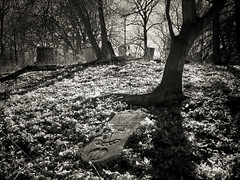Maggie Nelson, Jane: A Murder. Soft Skull Press, 2005.
I read Maggie Nelson’s book after a Temple University professor recommended it to me as an example of writing that, like my own, was hybrid in form.
Jane tells about the author’s search for traces of her aunt who was brutally raped then killed in the late 1960s, before Nelson herself was born. The book is written as a series of poems, some of which are tiny and aphoristic, like the one from 1966 that goes simply “Cigarettes — one after another — why?” (188). But the story moves compellingly and fearlessly forward. Nelson weaves together fragments of Jane’s writing and other documentary material with her own reflections on life, death, memory, mourning, silence, violence, family secrets, coming of age, and the passage of time.
This is one of those problematic books that I love and publisher’s marketing departments hate: neither poetry nor prose, neither fact nor fiction, both memoir and biography. It’s a tightly controlled, exquisitely honed piece of writing whose beauty hurts, and that should serve as an example of what is possible when writing a life.
With Jane, Maggie Nelson has achieved something difficult: she’s made an anonymous life matter. And she’s done it without sentimentality or cliché. Read it. It may be the best book I’ve read all year.
(NB: “Life-blood” posts point to the work of other writers who, for some reason, have left on a mark on my thinking about how to write a life.)
[Photo by Jeff Westover]


